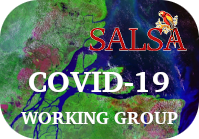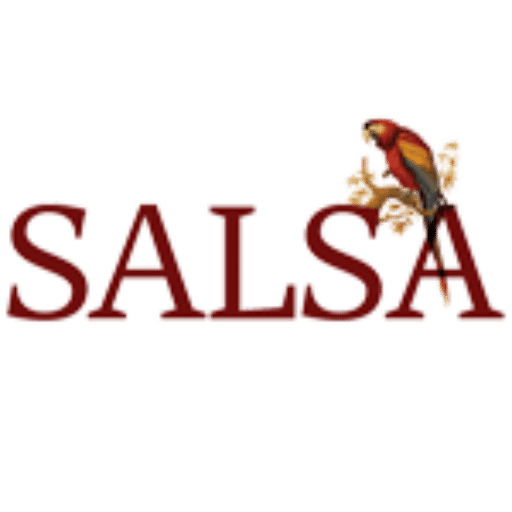SALSA COVID-19 Working Group Lowland South America

The SALSA COVID-19 Working Group aims to present trusted, up-to-date news and information about how the novel coronavirus (COVID-19) epidemic is affecting indigenous people and other vulnerable groups in lowland South America. COVID-19 was first detected on the continent February 25, 2020 in Brazil. Cases of contagion among indigenous peoples were reported in late March, followed by the first confirmed death on 10 April.
Native people in lowland South America have centuries of experience with epidemics of unfamiliar diseases to which no one in their population is immune. The novel coronavirus may be a novelty for the rest of the world, but ancestral memories of mass illness and death are vivid in the history of every indigenous group. Communities coped with past epidemics with their own strategies of social isolation to control contacts with outsiders and create protective buffer zones. These traditions of voluntary self-isolation are taking on new meanings today.
There have been widespread declarations among indigenous federations that communities across the lowlands should self-impose strict quarantine measures to protect themselves, but isolation also carries other risks related to their marginality and vulnerability, their dependency on the informal economy, their ability to access supplies safely, and invasions and other unwelcome incursions into indigenous territories. COVID-19 is not just a health crisis; it also has become a land crisis as illegal loggers and miners take advantage of the reduction in law enforcement during this epidemic to invade indigenous territories with impunity.
No genetic weakness predisposes indigenous people to die from infectious diseases; research and experiences with past epidemics show that death rates can be kept low when good medical care and support are provided. Indigenous people live in many different circumstances: in cities and urban peripheries as well as in rural communities, legally recognized indigenous territories, and remote areas of the rainforest. There is no one-size-fits-all formula to deal with COVID-19. Each community’s situation is distinct and indigenous leaders and indigenous health workers with local knowledge are essential partners in any effort to provide effective assistance. Throughout South America, indigenous organizations and communities are mobilizing to spread the word about COVID-19 to their people, to develop protocols for prevention and care, and to shore up community food security.
SALSA is committed to use its members’ knowledge and resources to support the local communities, indigenous organizations, and South American anthropologists and health professionals who are working on many fronts to reduce the risks and harms of the COVID-19 epidemic. This website will aggregate articles, declarations, links, and audio-visual materials on an ongoing basis and highlight action issues and evolving best-practices approaches to prevention and care. Our objective is to communicate timely and accurate information that can be used by our members and others around the world to support the work being done on the ground to prevent this epidemic from ravaging some of the world’s most vulnerable people.
If you have any questions regarding this website or COVID-19-related information you wish to share with us, please contact Daniela Peluso at D.Peluso@kent.ac.uk.
News Categories
- Lowland South America
- Indigenous Positions
- Prevention and Best Practices
- Related Concerns
- Anthropology & SALSA on COVID-19
- Maps
- Infographics
- Radio Spots
- In-Memoriam
- News on Indigenous Peoples
- COVID-19 News Archive
SALSA COVID-19 Working Group Members
Andrea Bravo Diaz (Instituto de Salud Pública PUCE, Ecuador)
Mike Cepek (The University of Texas at San Antonio, USA)
Emily Colón (University of Maryland, USA) – Social Media Manager (Twitter)
Beth Conklin (Vanderbilt University, USA)
Deborah Delgado Pugley (Pontificia Universidad Católica del Perú)
Juan Alvaro Echeverri (Universidad Nacional de Colombia, Sede Amazonia) – SALSA Webmaster
Chris Jarrett (Chicago Field Museum, USA) – Website Editor
Theodore MacDonald (Harvard University, UK)
Francesca Mezzenzana (University of Kent, UK)
Tom Moore (independent)
Daniela Peluso (University of Kent, UK) – SALSA COVID-19 Working Group Chair
Blanca Yagüe (University of Utah, USA) – Website Editor
Laura Zanotti (Purdue University, USA)
